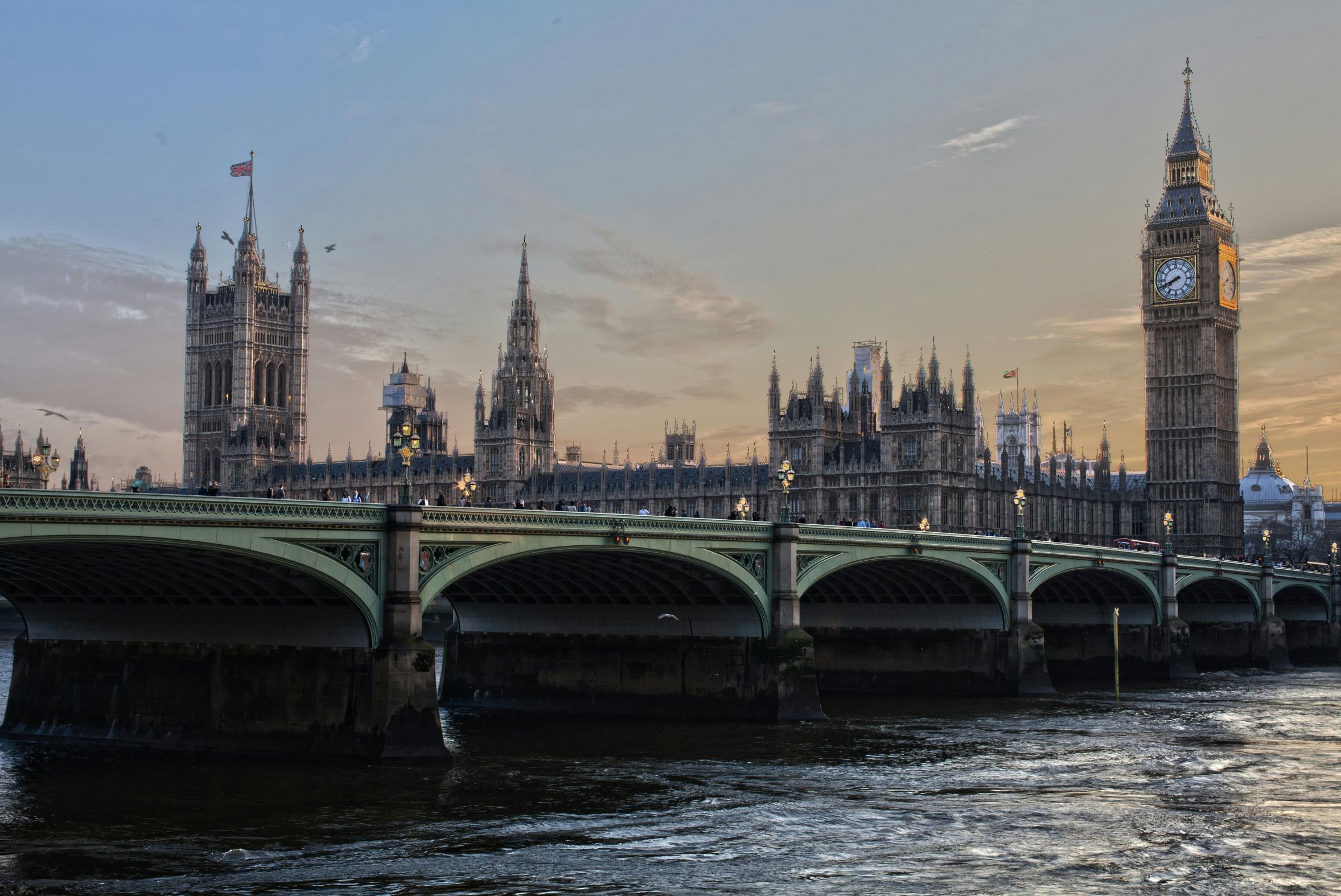UK Government Borrowing Rises Sharply Ahead of Spring Statement
The UK’s public sector borrowing jumped to £10.7 billion in February 2025—far exceeding economists’ expectations of £6.6 billion. The figures come at a delicate time for Chancellor Rachel Reeves, who is preparing to deliver her Spring Statement amid growing pressure to demonstrate fiscal control.
Why Borrowing Was Higher Than Expected
Several key factors contributed to the larger-than-expected deficit:
- Higher Public Spending: Government expenditure climbed by £41.7 billion, surpassing £1 trillion for the first time, fuelled by commitments to healthcare, social care, and major infrastructure projects.
- Rising Interest Costs: Persistent inflation and elevated interest rates increased the cost of servicing public debt, adding to overall fiscal strain.
- Weak Economic Growth: Sluggish economic activity has dampened tax receipts, placing additional stress on government finances.
Fiscal Strategy Under Pressure
The latest borrowing figures have important implications for the Chancellor’s fiscal plans:
- Spending Cuts on the Table: To remain within fiscal rules, Reeves may be forced to implement cuts to public spending, a politically sensitive move that risks impacting essential services.
- Speculation Around Tax Rises: With a growing budget shortfall, there are mounting expectations that Reeves may need to consider tax increases in the Autumn Budget—a step that could prove unpopular and potentially slow economic recovery.
- Debt Issuance Rebalancing: The government may need to revise its debt strategy by shifting away from long-dated bonds in favour of shorter-term instruments, especially as yields continue to climb.
Wider Economic Concerns
The UK’s fiscal outlook faces several broader challenges:
- Fiscal Rule Compliance: The government must carefully balance spending restraint with growth stimulation, a difficult act during uncertain economic times.
- Public Service Pressures: Cuts to spending may reduce the quality and availability of public services, raising the risk of backlash from voters.
- Investor Confidence: Growing deficits and the potential for policy shifts could undermine confidence in UK debt markets and affect the country's credit standing.
Conclusion
February’s borrowing figures highlight the fragile state of UK public finances, putting further pressure on Chancellor Rachel Reeves ahead of her Spring Statement. As borrowing climbs and revenues underperform, the government faces tough decisions about whether to cut spending, raise taxes, or pursue a revised borrowing strategy. All eyes will be on Reeves next week, as she outlines how she intends to balance fiscal discipline with economic growth.
Sources: (Reuters, The Guardian, Financial Times, Sky News)

